Unsure whether you may need an extra nutritional boost for your skin? OR are you perhaps lacking in a vital skin nutrient without realising 😳?
Our skin is often a reflection of what is going on inside our bodies. It’s always best to aim to get the majority of your nutrition through your food. HOWEVER, if you don’t always eat as well as you should ….here are 7 supplements to consider
Skin Boosting Supplements
Vitamin A (Retinol)
Vitamin A is an antioxidant that belongs to the class of compounds called retinoids. It is critical for skin maintenance and repair, collagen production and acne prevention.
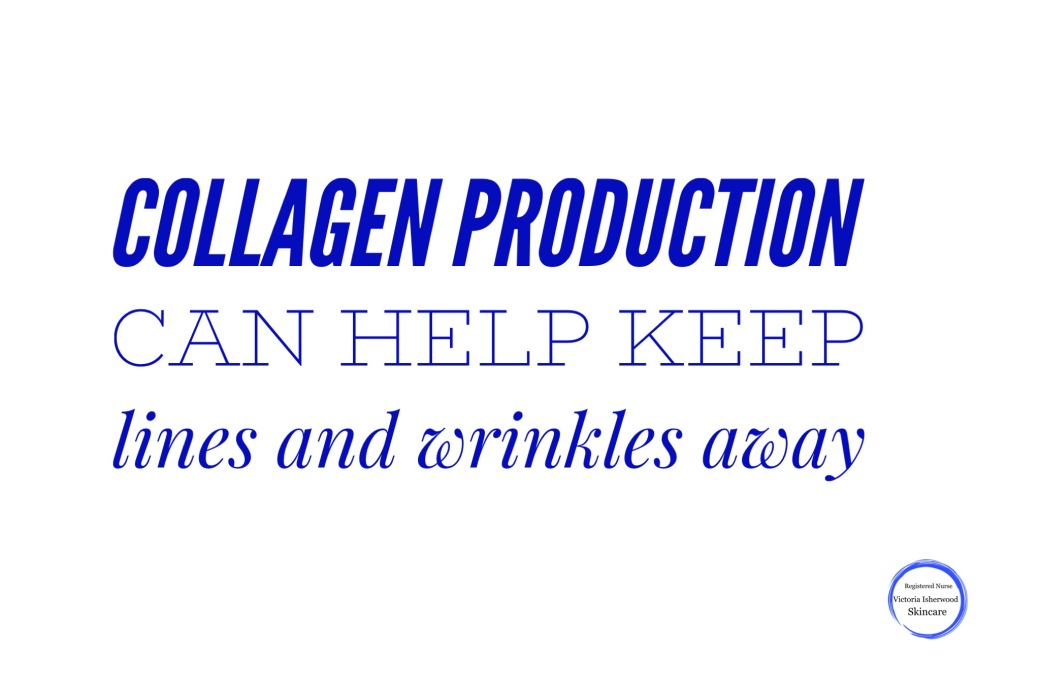 Low levels of Vitamin A have been associated with:-
Low levels of Vitamin A have been associated with:-
- Rough, dry and scaling skin.
- Inflammatory skin conditions.
- Follicular thickening of the skin – which can show up as rough, raised bumps on the back of the arms (called hyperkeratosis pillaris).
- Acne – Vitamin A is essential for the normal shedding of dead skin cells which can otherwise build up inside our pores. As we know, blocked pores ultimately lead to acne. Furthermore, Vitamin A has anti-inflammatory benefits for our skin and can therefore help calm angry acne breakouts.

Vitamin A is found in two different forms: Active Vitamin A and Beta Carotene. Active Vitamin A comes from animal-derived foods and is otherwise known as retinol. This ‘ready to be absorbed’ Vitamin A can be used straight away by the body -it does not need to be converted. The 2nd type of Vitamin A (which is obtained from colourful fruits and vegetables), is ‘Beta Carotene’. These carotenoids need to be converted to the active form of Vitamin A by the body (after the food is ingested). Beta carotene is found primarily in vegetables and fruits.
The most vitamin A-rich foods are liver and cod liver oil, however other sources include:-
Eggs, asparagus, peaches, carrots, beet greens, kale, broccoli, spinach, sweet potato, cantaloupe, red peppers and mango.
Poor Gut Health can cause malabsorption of vitamin A.
Vitamin A (commonly known as Retin-A) has been prescribed for decades by dermatologists to treat acne ‘topically’. Accutane (Roacutane) is a prescription oral medication which is derived from vitamin A. It has been used to treat severe cases of acne by dermatologists for years. However it can have serious side effects and its use must be supervised by a dermatologist.
Note:- Because Vitamin A is fat-soluble, it can build up in our body. Therefore an excessive intake (of more than 10,000 international units / IU) can be toxic. This is especially the case during pregnancy, so women who are planning on becoming pregnant should check with their doctors before starting any supplements.
B7 / Biotin
Vitamin B7, otherwise known as ‘Biotin’ is a water-soluble ‘B-complex’ vitamin.
B7 (biotin) contributes to the maintenance of strong and healthy hair, SKIN, nails, mucous membranes, the nervous system, and psychological functions. It is also essential for the metabolism of glucose, proteins and fatty acids.
Interestingly B7 sometimes gets the nickname ‘Vitamin H’, which stems from the German word “Haar” which mean “hair and skin.”
The human body cannot synthesis its own Vitamin B7. Only bacteria, molds, yeasts, algae, and certain plants can make it. SO it needs to be supplied via our diet.
Unabsorbed B7 is eliminated in urine, so the body does not build up spare reserves. This means it must be consumed daily.
Sources of B7 include:-
Salmon, sardines, avocado, bananas, raspberries, liver, mushrooms, yeast, whole-wheat bread, cheddar cheese, pork, chicken, cauliflower, egg yolk, carrots, dairy, certain nuts.
Although B7 deficiency is not too common, the symptoms include:
• dry, irritated skin
• brittle hair or hair loss
Vitamin C
The antioxidant properties of Vitamin C (ascorbic acid), combined with its role in connective tissue health and the synthesis of collagen -makes Vitamin C vital for SKIN health.
Vitamin C is a water-soluble vitamin, which our body does not make on its own (and it does not store it either). SO it is important that it is included daily in our diet.
Many fruits and vegetables are great sources of vitamin C. Some good ones include:-
Citrus fruits, strawberries, broccoli, spinach, kale, red capsicum (pepper), kiwi fruit, guava, papaya.
A deficiency in Vitamin C can present as:
- Rough, dry, scaly skin
- Easy bruising
- Slow wound healing
- Dry and splitting hair
- Dry red spots on the skin
- Poor gum health (bleeding, inflammation etc)
Essential Fatty Acids – particularly Omega-3’s
Essential fatty acids (EFAs) have many health benefits including SKIN health. This is due to the fatty acids EPA & DHA.
- Help keep the skin moist and strong by reducing the amount of water lost through the epidermis (the top layer of skin).
- Has anti-inflammatory properties – including the treatment of eczema, rosacea, psoriasis and acne.
- Help prevent premature aging of our skin.
- Mental Health benefits (eg anxiety & depression).
- Heart Health
- Helps with the management of ADHD.
Inflammation is a big part of the problem with acne (externally and systemically). Therefore an anti-inflammatory Omega-3 supplement is helpful when it comes to clearing acne.
Since the body doesn’t produce EFA’s, they must be obtained through our diet or from supplements. Good dietary sources include salmon, sardines, walnuts and flaxseeds.
Good EFA supplements include Fish oil, Sea Buckthorn & Krill oil. However keep in mind that there are fish oils and there are fish oils. SO many of the supplements found in our supermarkets are manufactured cheaply and can even be rancid! Choose a reputable company (eg BioCeuticals in Australia) where the fish oil undergoes strict testing to ensure its purity & to make sure it is of the highest quality, using ethically sourced fish free of heavy metals.
Zinc
Zinc is an vital mineral that helps with;-
- Healthy skin, hair & nails
- Prevention and management of acne & other skin conditions.
- Healthy immune function.
- Tissue repair and wound healing.
- The metabolism of omega-3 fatty acids

Zinc is easlier absorbed from animal food sources. However some plant foods and nuts can be high in zinc as well. Good sources include: Organs such as kidney and liver, red meat such as beef and lamb, and seafood such as oysters, scallops, and other shellfish. Non animal sources include pecans, pumpkin seeds, ginger, legumes, mushrooms and whole grains.
Probiotics
See previous article…
Curcumin
Turmeric is a bright yellow-orange spice related to ginger. Turmeric gets its health benefits primarily because of its bioactive component ‘curcumin’.
Curcumin – is an anti-inflammatory, antioxidant, antibacterial, antifungal, and antiviral powerhouse.

Curcumin has been shown to be quite effective in calming the symptoms of eczema, psoriasis, dermatitis, scleroderma, rosacea, and other skin diseases. Although the underlying causes of these conditions vary, they all have ‘inflammation’ of the skin in common.
Science shows that Curcumin can be beneficial for acne sufferers. Topically applied it can kill bacteria and reduce acne-causing inflammation. Taken internally it can reduce inflammation which partially the cause of acne. In fact, studies have shown that acne sufferers have higher levels of inflammation and lower levels of antioxidants than people with clear skin. Therefore it is no surprise that treatments that reduce inflammation and oxidative stress reduce acne.
More recently, studies have suggested that curcumin, may slow (or even cease) the growth of melanoma skin cancer cells.
Victoria Isherwood (Registered Nurse) 🙂
Please note:-
The recommended daily amount of vitamin A (from all sources) is 700mcg retinol equivalents for women and 900mcg retinol equivalents for men. If you are pregnant, or considering becoming pregnant, do not take vitamin A supplements without consulting your doctor or pharmacist. WARNING – When taken in excess of 3000mcg retinol equivalents, vitamin A can cause harm to the baby.
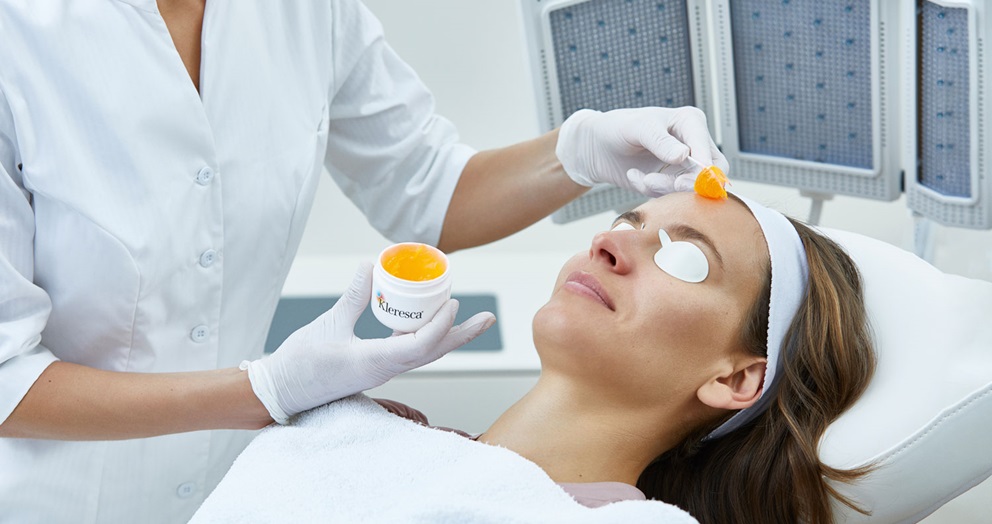



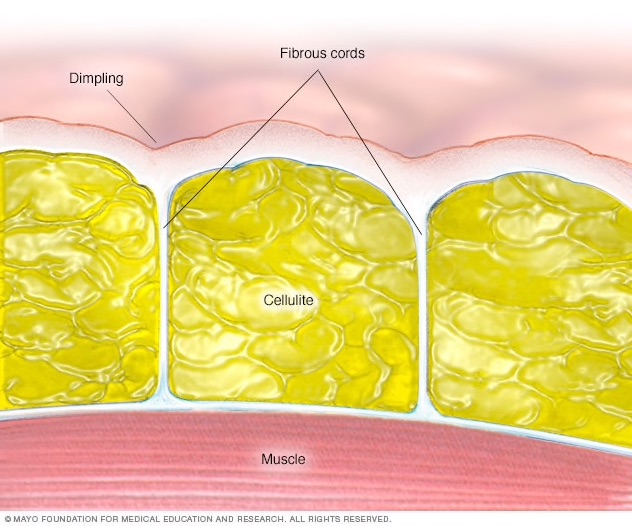
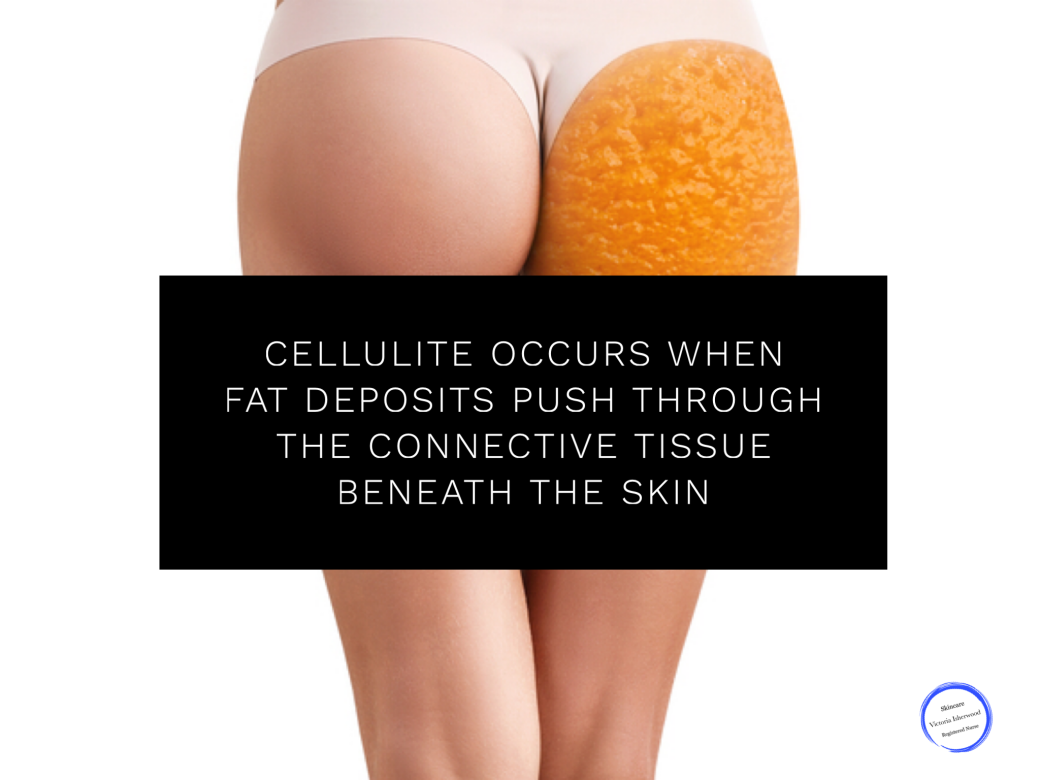



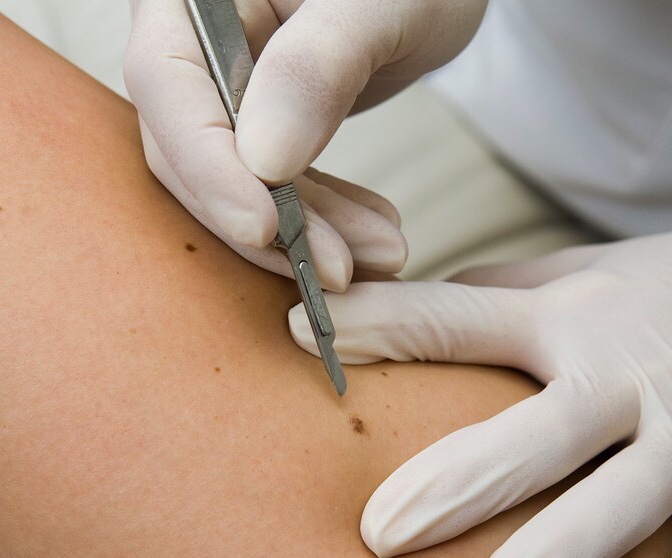






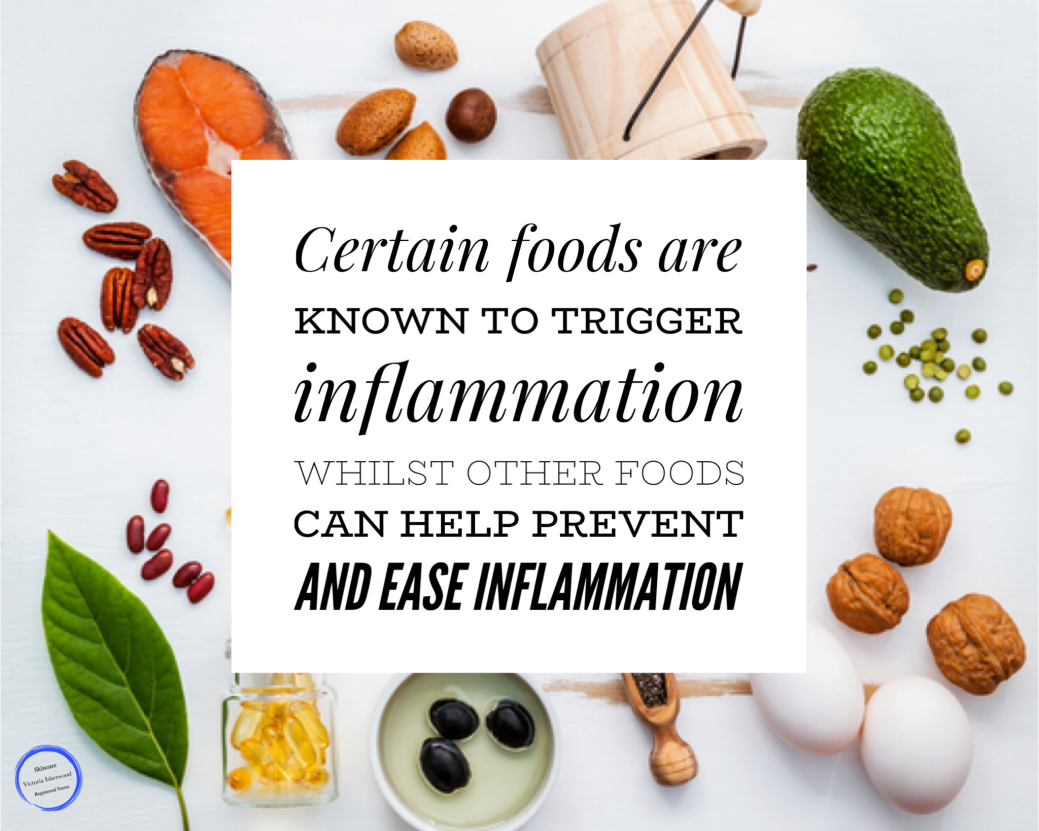

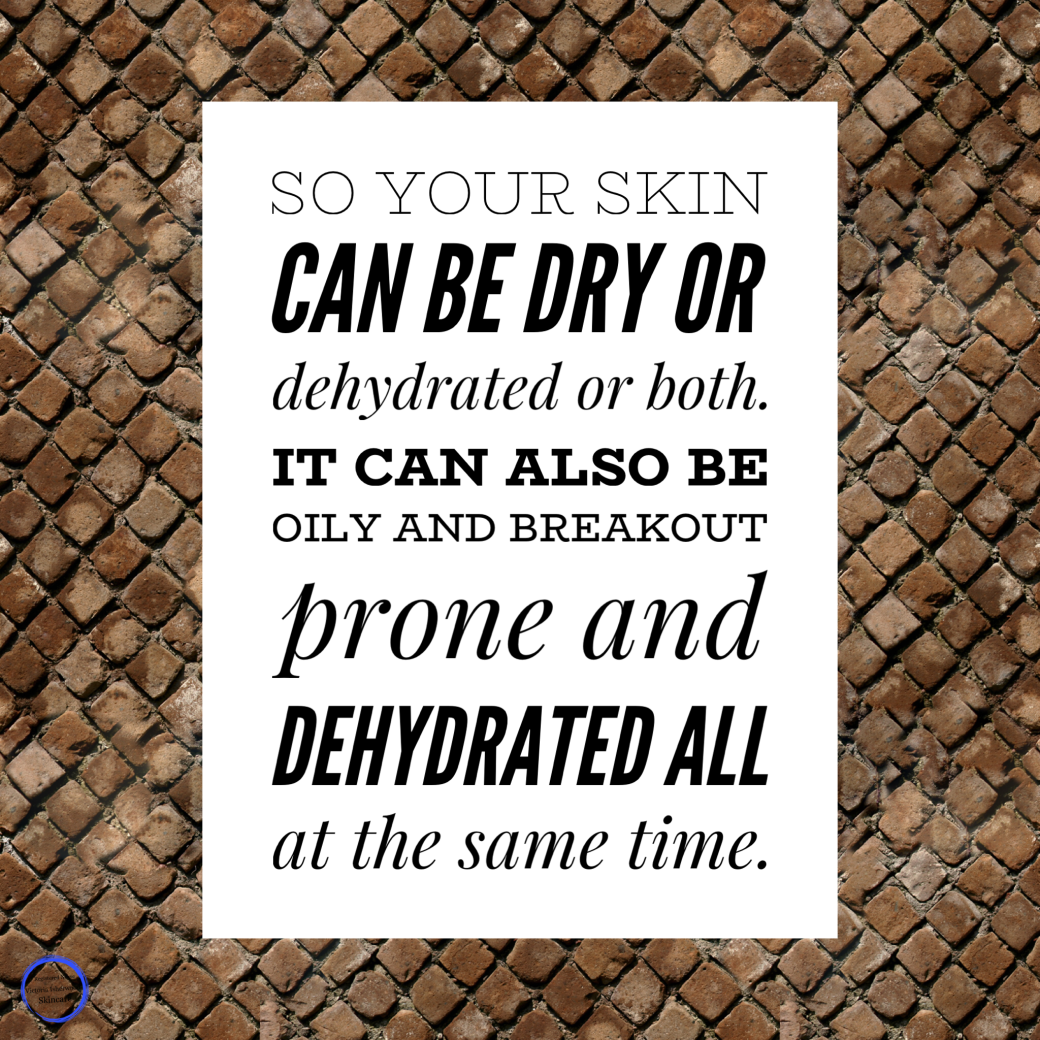 Dehydrated skin is caused by not having enough water content in your skin, however oil production may still be present. Meaning – you don’t need to have dry skin to have dehydrated skin!
Dehydrated skin is caused by not having enough water content in your skin, however oil production may still be present. Meaning – you don’t need to have dry skin to have dehydrated skin!
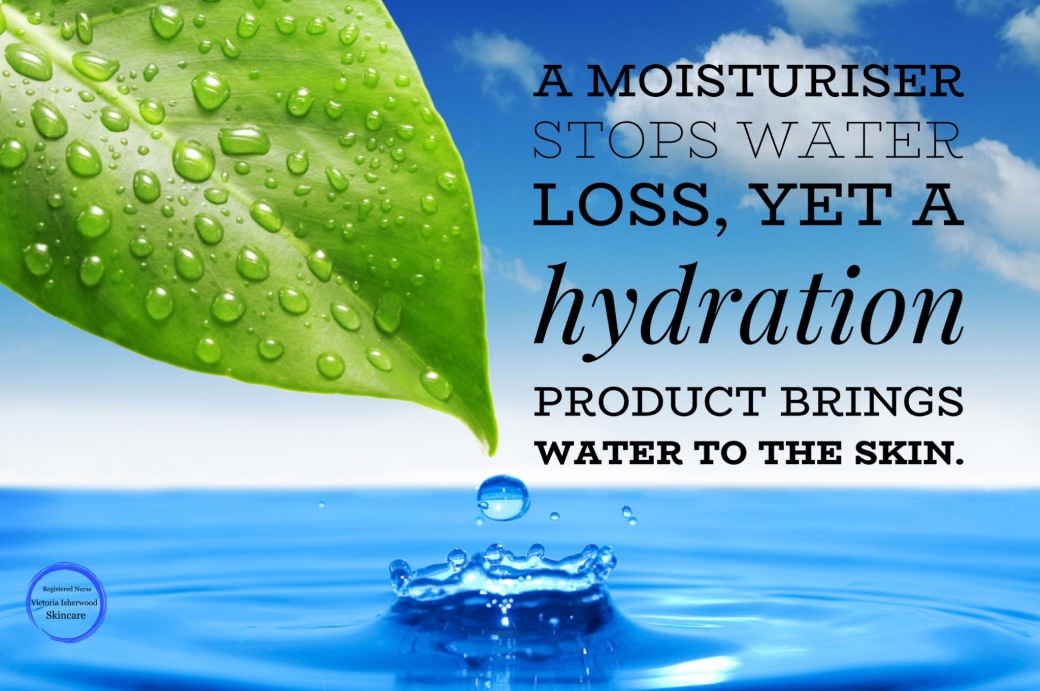


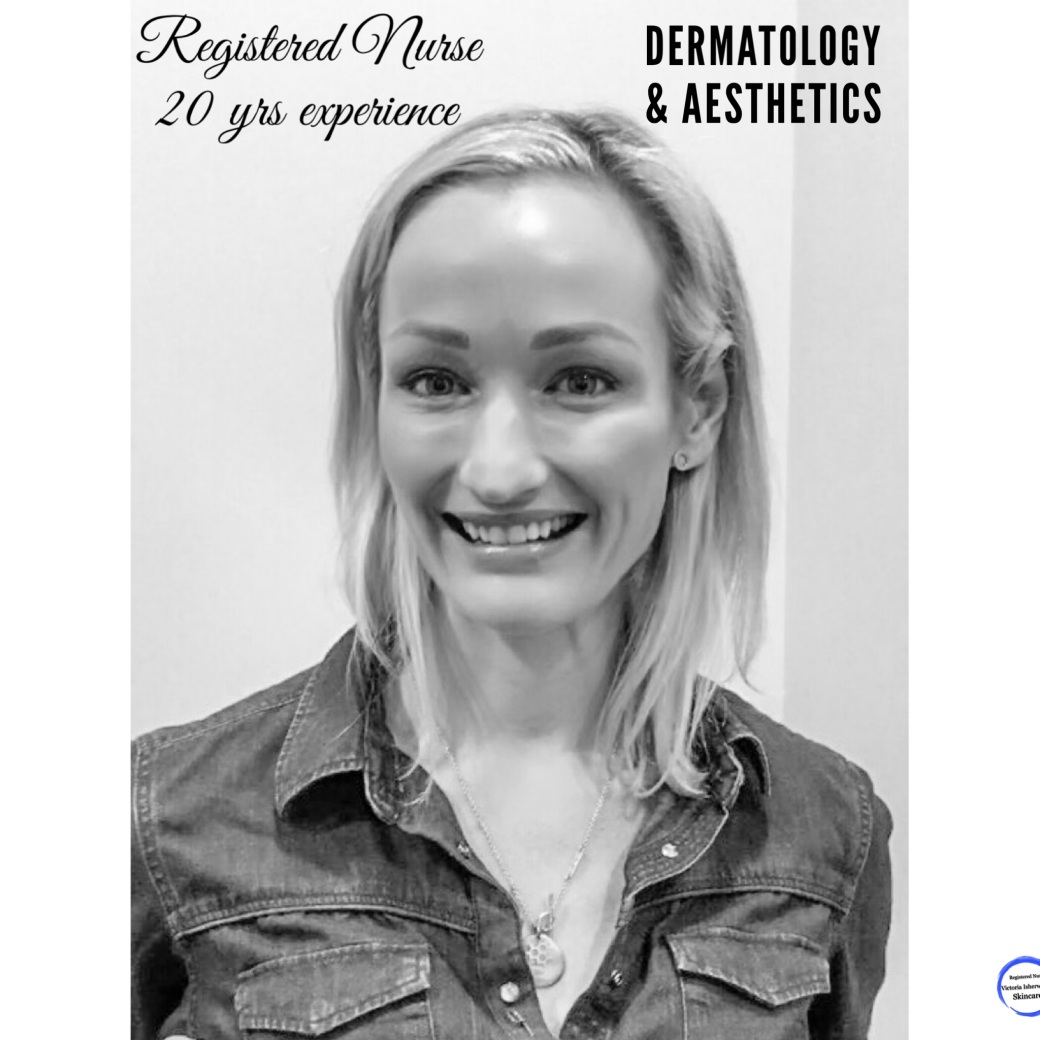
 Low levels of Vitamin A have been associated with:-
Low levels of Vitamin A have been associated with:-







